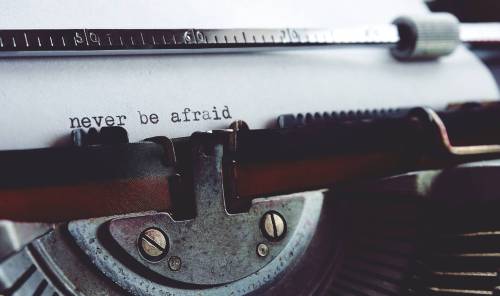Can frequent breaks make you more productive? The other day, I was reading an Entrepreneur article that stated this was true. The article compared the physical strain that athletes face with the mentally demanding work small business owners are faced with each day.
While pro athletes are able to enjoy a brief break during their games to recharge and return with a surge of energy, couldn’t the same be said for busy entrepreneurs with already jam-packed scheduled? The article even referenced a study from the University of Illinois with research concluding that brief breaks can dramatically improve both decision-making and creativity.
In this post, I decided to write a response to this article while mentioning the caveats that come with relying on frequent breaks to make you more productive. If you’re looking to utilize this strategy, here’s what you need to keep in mind.
A Break and a Distraction Are Two Different Things
This is a huge distinction that needs to be made. We all get distracted by so many different things each day. In fact, the average person gets distracted every 40 seconds when working in front of a computer. Distractions often waste time. Getting distracted doesn’t feel good. It will lead you to spend twice as much time working on important tasks.
You won’t feel refreshed or recharged when you return to your work. Instead, you’ll probably feel drained and even somewhat defeated. When you’re considering whether frequent breaks can make your more productive, make sure you’re not masking a distraction as a break.
Sometimes, I’ll take what I think are breaks from work but I’m really just being distracted. A notification will pop up on my phone or I’ll check my email or watch a YouTube video. Before I know it, I’ve wasted plenty of productive time and energy.
Breaks should be planned out and very deliberate. You should have a clear goal in mind and still have a clear focus (on relaxation and decompressing) as you take a break. Don’t make the mistake of getting distracted several times per day then think that you took lots of quality breaks. Odds are, you’re just wasting time.
Choosing Your Break Activity Wisely
When it comes to planning your breaks out and making them very deliberate, you want to be very specific about what you’ll do during your break. Try to avoid distracting activities that could unintentionally extend your break like scrolling on social media.
If you do choose to do these things, set an alarm or timer to signal when your break is over and it’s time to shift your focus back to work. Consider choosing break activities that will provide you with a mental break and allow you to return feeling re-energized. Activities like walking, meditating, or even having a quick chat with a friend or neighbor can be ideal activities for your brief break.
Get outside, have a quick snack and be really intentional regarding what you’re doing with your time and energy.
Resisting the Urge to Extend Your Break
As always, when you take a break you run the risk of feeling the temptation to extend it. Extending your planned breaks can not only waste more time but it can cause your productivity levels to plummet as well.
Say you plan to take 4 15-minute breaks throughout the workday. That will only set you back one hour if at all. If you extend each break to 30 minutes, now you’ve lost 2 working hours for the day. One of your breaks could easily run much longer. While there’s no way to have a perfect schedule even if you planned it, you want to avoid taking extremely long breaks during the day.
Doing this could have the exact opposite effect that you’d get with taking shorter, planned breaks. Instead of refueling, you may end up draining yourself more and return to work with more resistance. Have you ever taken a super long lunch and returned back to work feeling more flustered than when you left? Maybe you felt stressed and overwhelmed with the idea of all the things you had to do along with the fact that you already lost a ton of time.
This is the feeling you don’t want to experience so keep your breaks short and to the point. It may seem difficult at first but soon you’ll get into a routine and will be able to resist temptations easily.
Work Breaks Into Your Schedule
This may sound like a no brainer, but it’s one of the most important parts of the process. Don’t lose sight of your end goal – to use frequent breaks to become more productive.
You still have to create the best schedule for you and focus throughout the day so your best bet is to carefully schedule in your breaks. Ask yourself when you normally feel like you need to briefly step away from what you’re doing. Is it after a big project has been completed or during the afternoon slump?
Sometimes I like a mid-morning break while other times I just work right through. I’m a morning person and I have the most energy, focus, and willpower during the morning. That said, I’m not going to schedule a ton of breaks before noon because I don’t need it.
Choose your break time limit and frequency depending on your current schedule and personal preferences. That way, frequent breaks will really make you more productive when you return.
What are your thoughts about taking frequent but intentional breaks? Do you think it helps with your productivity or provides too much temptation to slack off for longer periods of time?











Choncé Maddox
Choncé Maddox is a professional writer who recently left her job in the web design industry to produce killer content and manage her own writing business full time. She is passionate about helping entrepreneurs be more productive and create a life they love by doing fulfilling work. On the side, she runs a podcast and blogs about getting out of debt at MyDebtEpiphany.com.